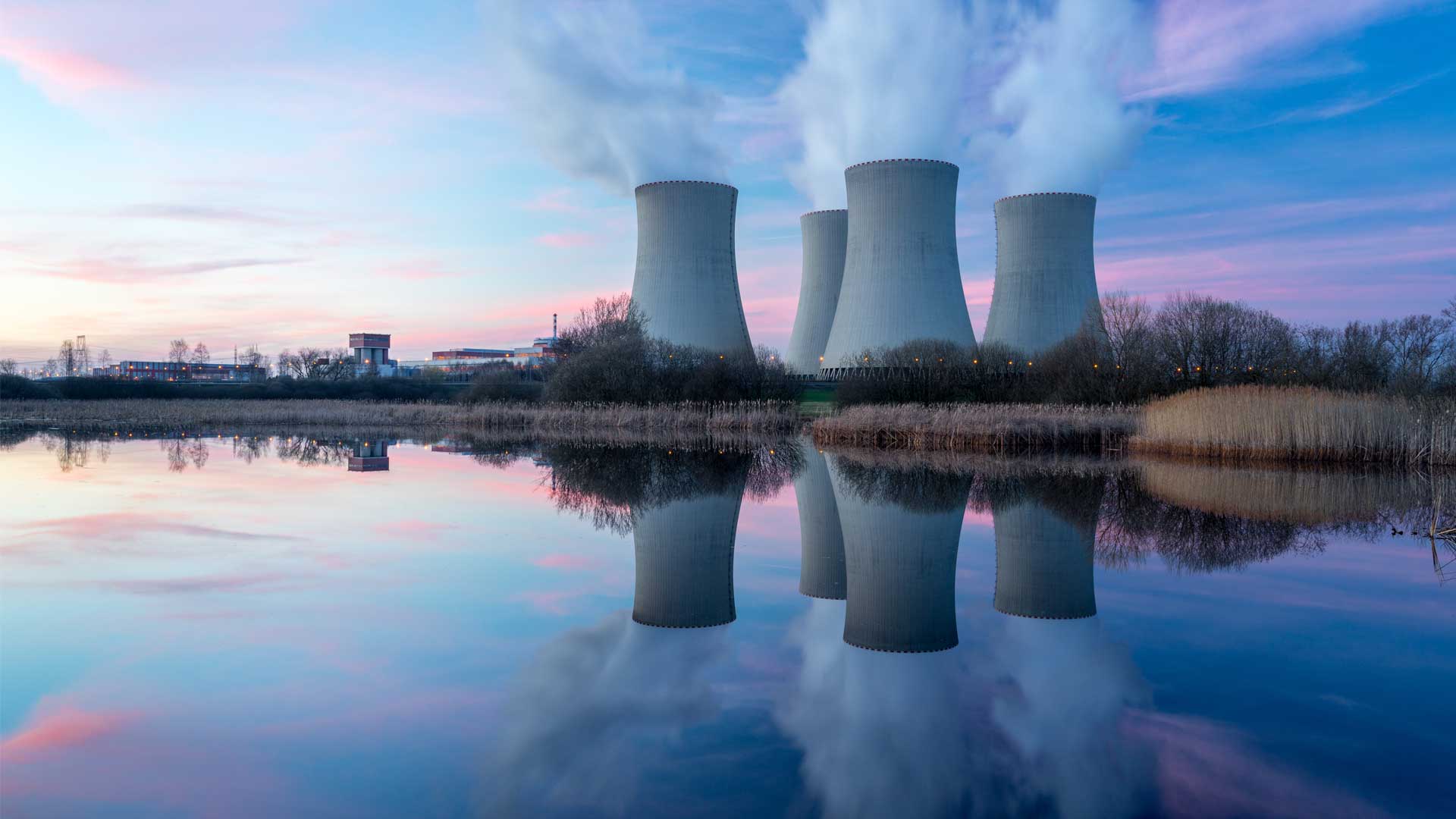The power of water
Water is an essential factor in power generation. Without it, there would be no steam to run generators and hence no electricity. In addition to that, water is also a key part of the cooling systems in power plants as well as in almost every other branch of industry. This makes it a very important resource – one that is subject to the same regulations that apply to other sources of wastewater as well.
Cooling water becomes wastewater when it is treated using chemicals or its composition changes after it runs through industrial processes. This means that parameters such as pH, chloride content, conductivity as well as organic contaminants need to be constantly monitored. Factors such as the temperature of the water is also important for power plants, as it has a direct effect on the natural life in the areas in which it is released. The effectiveness of a cooling system depends in large part on water management. For example, a common problem called ‘process organic breakthrough’ comes from system failure. This happens when seals, gaskets, or tubes fail, allowing process and thermal liquids to mix, which can be very hard to detect.
Thankfully, measuring total organic carbon (TOC) can help prevent issues before they arise, maintain a healthy cooling water cycle and overcome various challenges, from regulatory obligations to maintenance. TOC is the quantity of organic contaminants in water. TOC can come from anything organic, such as decay from natural organic matter, petroleum, fat, sugar, protein or alcohol for example. Good practice when it comes to managing a water system in a power plant starts with monitoring the influent, where organic contaminants are detected early so that downstream heat exchangers can be protected. Furthermore, TOC can be measured in boiler make-up water, evaporative cooling water, storm water runoff, plant water reuse and, of course, effluent discharge. Just about anywhere in a power plant where water is used, TOC measurement can effectively give useful insights into water quality and help in preventive maintenance and process control.
When TOC reaches levels that can potentially cause problems, results must be made available quickly. Solutions such as Elementar’s enviro TOC or vario TOC cube provide results in minutes, offering substantial advantages when compared to other methods of analysis such as BOD5 and COD.
TOC measurement is an accurate, reliable and cost-effective method to ensure that the water used in power plants is in an optimal state. This saves on maintenance further down the line and ensures that regulations are fulfilled. On top of that, there are no harsh chemicals requiring special treatment, employee training and disposal restrictions, making TOC measurement the ideal solution for today’s challenges in power plant cooling.
Further reading:
It’s all in the mix – measuring organic content in wastewater
A comparison of the three main methods used to measure organic carbon in wastewater: BOD, COD and TOC.
